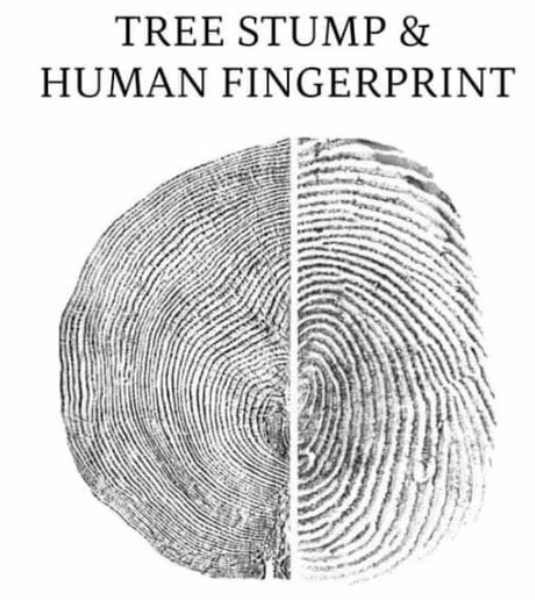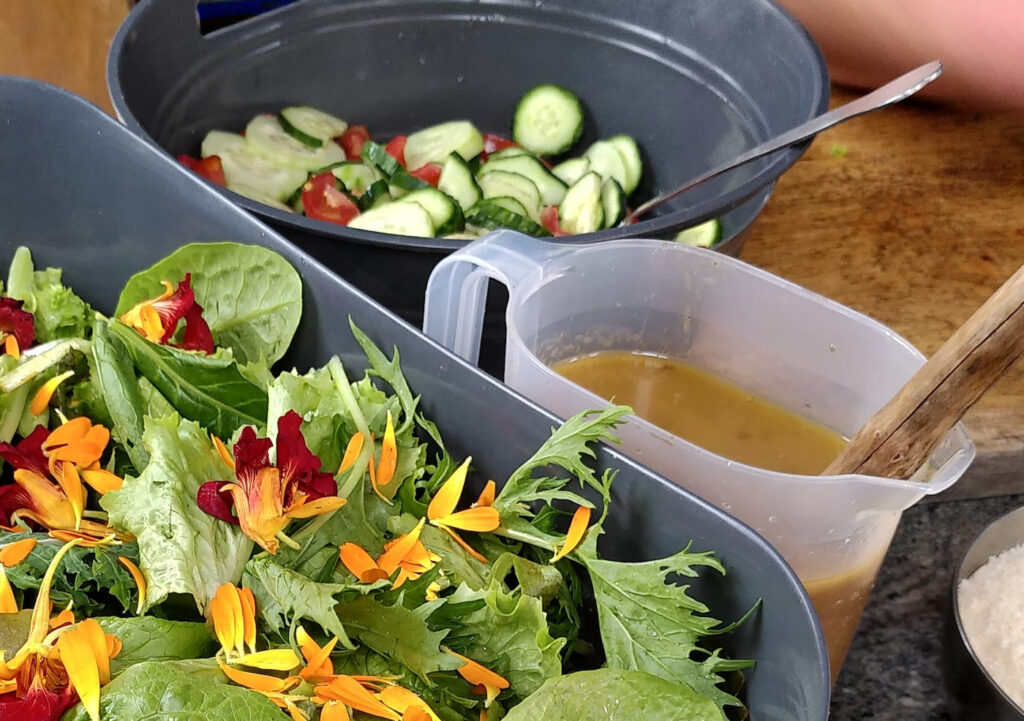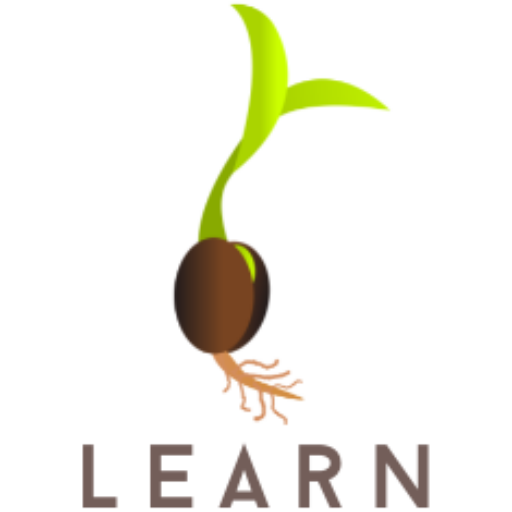This course was designed as a spiral journey, starting from the center and moving around away from it, taking the time to go around and look at a new angle to some subjects discussed previously, revisiting them with new layers of information, and integrating new perspectives and understandings together.
The spiral path that we offer is one within many journey possibilities, and you might decide to go a different route from what we are suggesting, whatever path you choose to take, as you move forward in the spiral, we invite you to go back to the previous e-spaces and see what you can see differently from before, and what you might add in your pickling jar and what you may add in your own observations in the inquisitive and reflective spaces.
This journey is not about rushing through it, but taking the time to listen and observe in order to connect the inner with the outer worlds, the micro with the macro, to design, re-design, choosing what to ferment, what to compost, what to care about and cultivate and what to let it go off, connecting the visible and invisible layers of social-ecosystems, focusing on power dynamics.

To give you a general map of this journey, a starting point is watching the witnessing dialogues – the opening session, where we share with you, as co-designers, how we entered this journey, and how we have been impacted by it.
From there, you will navigate between the many spaces offered for reflection and research, connecting many layers and elements within various social-ecosystems, learning to observe and connect micro and macro patterns, back and forward around systems.
There are videos to watch that look at the big picture around human history and decolonization. There are also case studies for you to zoom in on followed by a range of reflections on patterns of power.

Beyond designing a space for co-learning opportunities, we designed this journey to support the participants to engage more in their community, and for that, we use many metaphors around food, preparing food, fermenting food, sharing food, inviting people to take a step away from the rigidity of many academic spaces, and taking the content and the exercises back to daily activities that we can do together, just as we do with cooking and eating.
What is intended with all this non-linearity?
We hope that each participant feels encouraged to put on and take off different lenses or, mix metaphors, seek out ingredients and then enter their own pickling space and see what ferments in their new understanding. They might go back and seek new salty brine, spice, or basic plant nutrition to feed themselves, seeing, experimenting with, and cultivating healthier patterns of power and composting and transforming toxic ones.
